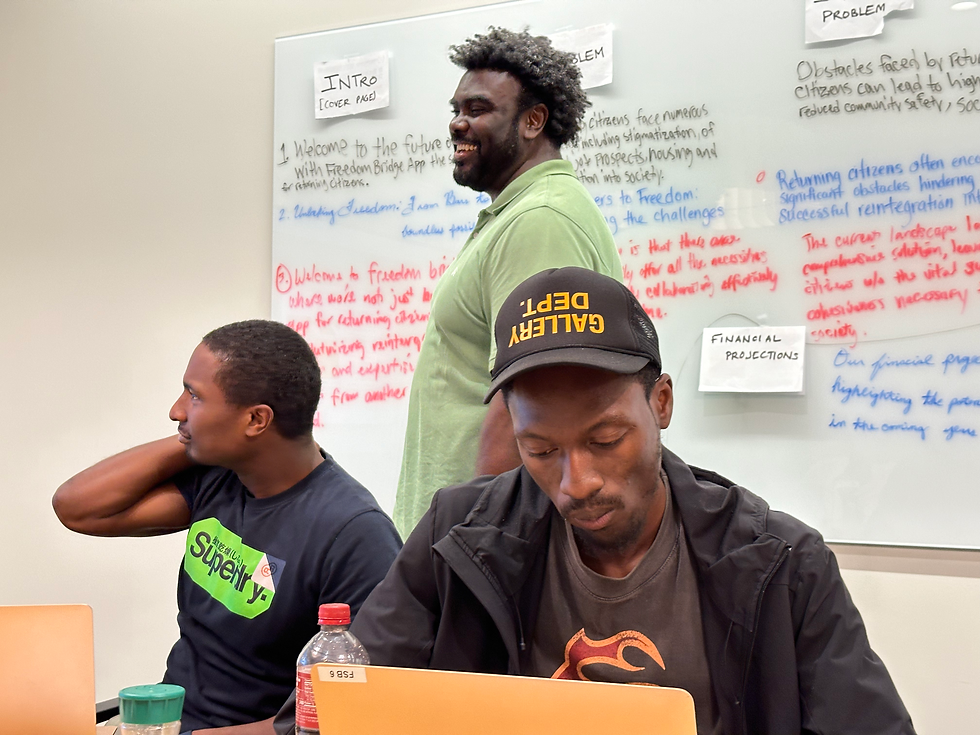An Instagram for prison: How this local entrepreneur did time and started a company
- Jerome Debro
- Apr 2, 2021
- 1 min read
Updated: Feb 10, 2023

Marcus Bullock learned first-hand how important a simple letter can be to an inmate. After being convicted at the age of 15 for carjacking, attempted robbery and the use of a firearm in the commission of a felony, he was tried as an adult and served eight years in a number of maximum security prisons. Mail call, he told me, was the best part of every day.
“When you get your name called, it’s like, oh, my goodness, I won the lottery just now,” he said. “When I was in prison in the mid-'90s people were still getting mail, but that doesn’t happen very often nowadays.”
That’s how he came up with the idea for FlikShop. After his release in 2004, he wanted to keep in touch with friends who were still locked up, keeping them posted on everything he was doing back in the real world — “all the things these guys love, what they need to hear to feel loved,” he said. But writing and mailing letters became an increasingly tedious chore, one that he had less and less time to do with any frequency. But it’s basically the only way to communicate with inmates, excluding a direct visit. Prisoners are pretty much trapped in the pre-Internet days of the early '90s; they’re prohibited from keeping cell phones and have no Internet access.
Read more via Washington Business Journal http://bit.ly/2PwAFSb



Comments